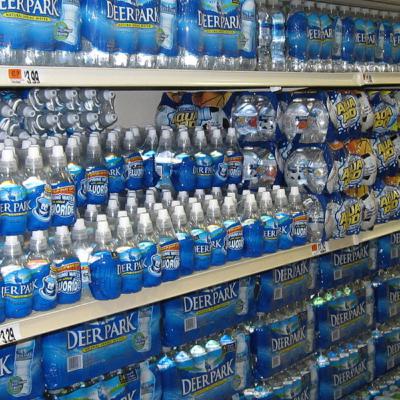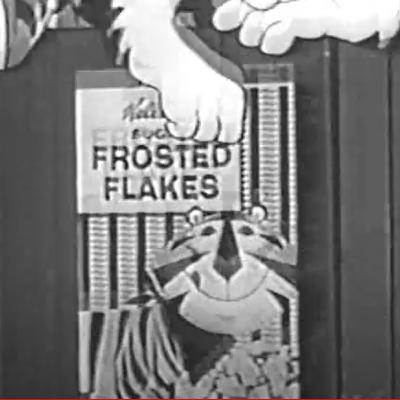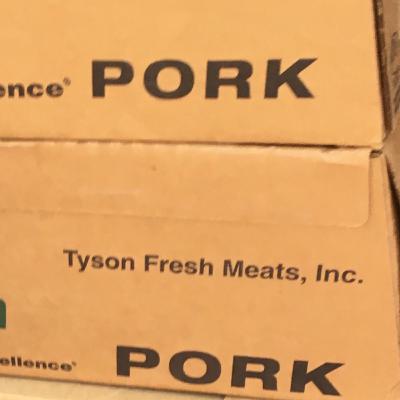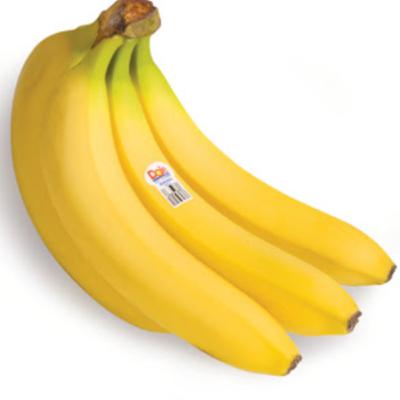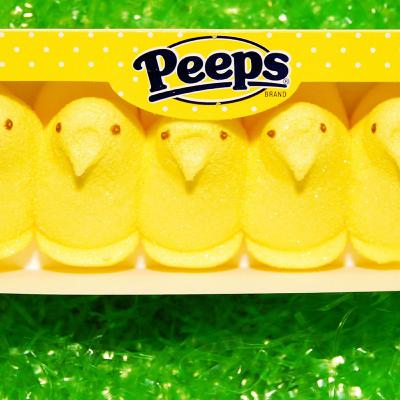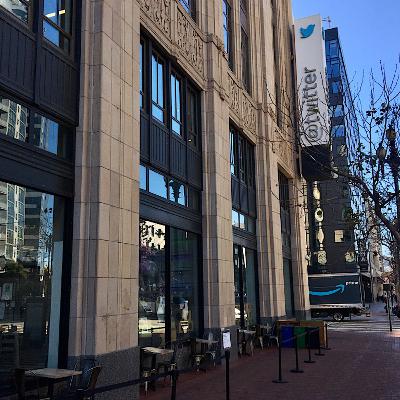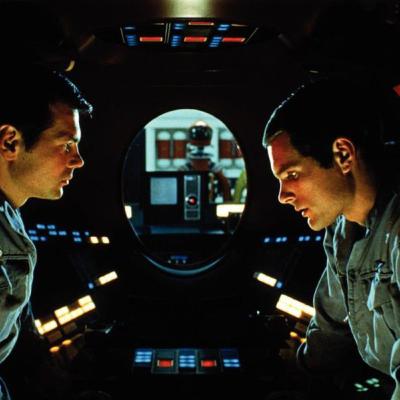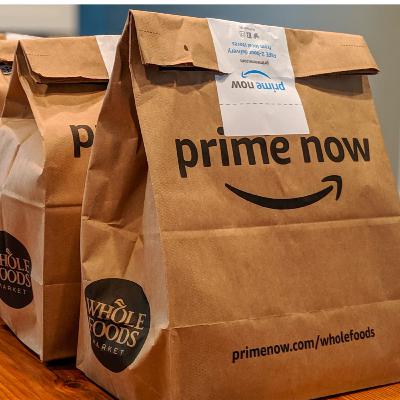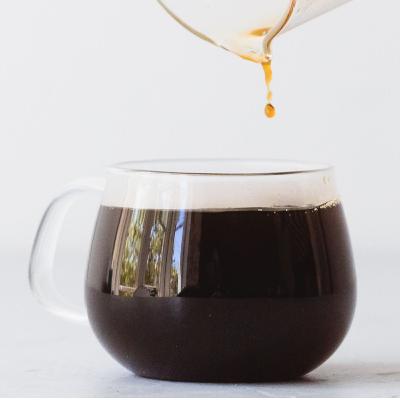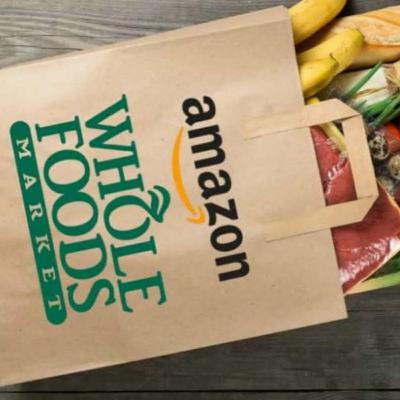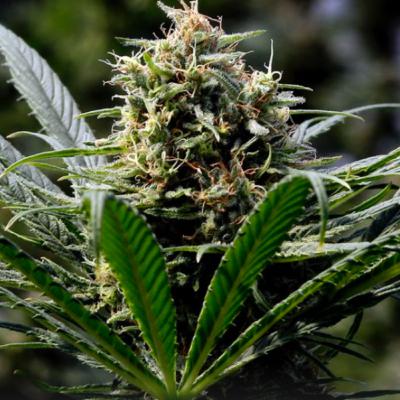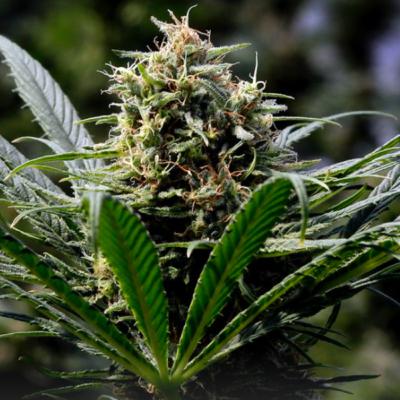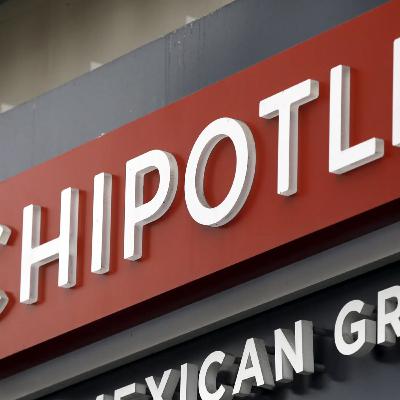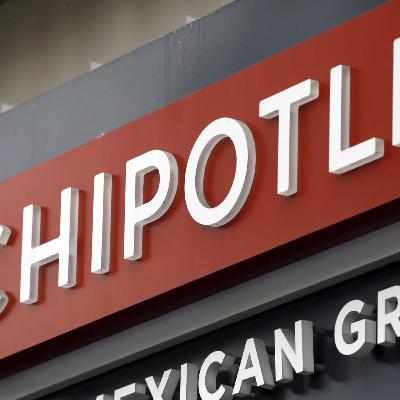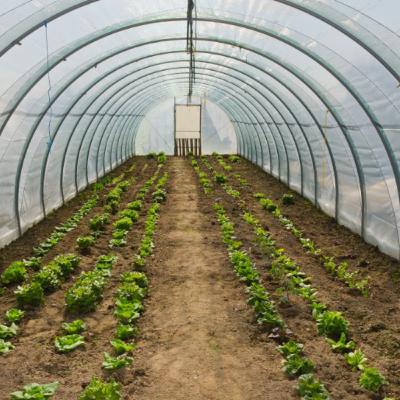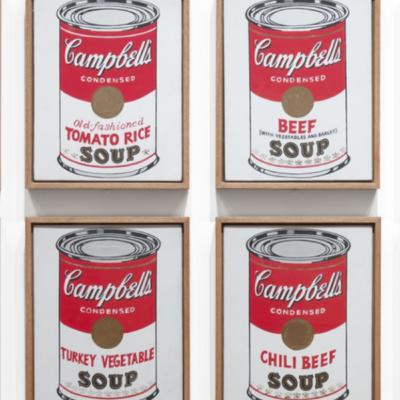Discover Cornucopia: The Cult, Culture & Business of Food
Cornucopia: The Cult, Culture & Business of Food

Cornucopia: The Cult, Culture & Business of Food
Author: Matt Levine NaturalBusinessNews
Subscribed: 10Played: 54Subscribe
Share
© Matt Levine NaturalBusinessNews
Description
Food isn't just fuel. It's culture. Tradition. Fashion. And Big Business too. Whether exploring why undocumented immigrants feed America or how the Great Atlantic & Pacific Tea Company of the 1870's is remarkably similar to Amazon of today this show is about that business. Wonder what working at Trader Joe's is like? Whether cage free eggs are really cage free? Whether marijuana legalization might change restaurants forever. Novices, geeks or industry pros love us. Cornucopia will open your eyes and maybe your mouths too. If not what you eat, what you talk about while you are eating.
36 Episodes
Reverse
Bottled water sold today is a new phenomena, not much older than quarter Tom Brady. Back in the 19th century there were lots and lots of bottled water companies in America. But the advent of municipal waters system in the early 20th century meant nearly of all these early brands disappeared.
When Evian arrived in America back in 1978 experts wondered if people would buy bottled water in a country with clean tap water Evian huge success proved that they would. And after that it was off to the races as more and more and more companies started selling bottled water, which was mostly tap water to go.
That is until 2000 when Vitamin Water hit the market and despite being loaded with sugar and no real vitamin nutrition was a huge success and unleashed a never ending stream of so-called enhanced or functional waters. Despite the high price and the fact that common sense suggest these products don't make much sense America has embraced as much as Beyonce or Taylor Swift.
And more bottled water meant and means more and more plastic bottles too. Only 12% ever get recycled.
Listen up and while we won't quench your thirst buds we're certain to make you think about good old H20 in a brand new way.
In this episode we'll talk about John Harvey Kellogg and bacon, oat bran and coconut water as well as ask whether the Paleo diet makes sense. Spoiler alert- logic never matters when it comes to diet and food trends.
We'll examine a variety of food trends, how the grow and how they die, as well as the people pulling the levers behind the curtain manufacturing our desires and conventional wisdom too.
This episode is funny, informative and hopefully practical. Our hope is that when you're done listening you'll be far less flummoxed navigating fast and furious food trends while shopping for groceries and deciding what to eat.
In case you wonder why some people think eating spaghetti and garlic bread is as bad for you as pouring whiskey on your wheaties don't miss this episode. Actually, even if you pour whiskey on your wheaties or use it as pasta sauce, you should listen too.
As the title implies were going to take a look at keto and other high protein diets, But not to praise or debunk them. But as a starting point to look at something nearly everybody seems to forget. That food trends come and food trends go.
In this episode - Part 1, we’ll take at look how two cardiologists named Atkins and Ornish that illuminate why there isnt only ONE right way to eat, discuss why eliminating foods from your diet can can be profound and talk about the pleasure penalty. No the pleasure penalty has nothing to do with your ex or even your current lover. We'll get into it. And also dive into the dark and murky psychological muck to look at why people choose certain ways of eating.
In Part 2, Episode 29 coming mid-week, we'll turn back the clock and look at oat brand and pomegranate juice, John Harvey Kellogg and bacon, the sugar industry and coconut too, as we explore the ways conventional wisdom isn't always what it seems. Yeah, trendy diets and foods sometimes are good for you but that people behind the curtain are never stop looking to create the latest nutritional star as they manufacture new and usually more expensive desires.
This is the first episode in our new series, Cornucopia Express: Ten Items or Less (aka: A Podcast in a Hurry). In these four minute-ish episodes we will expand your understanding of the grocery and consumer packaged goods business as well leave you lots of time to beg your spouse for a foot rub, tell your teenager to turn down the Ariana Grande, call your parents (and yeah we know you're hoping to get voicemail) and even scream into a pillow when nobody's looking.
In this episode we'll explain why the heck there are stickers on your bananas, granny smiths and other fruits. And a few other interesting tidbits too that will make you smile like eating chilled grapes on a hot summer day without a pandemic. Thanks for listening! And please let us know if like these express episodes or not. We'd love to hear from you.
After listening to episode 26 The Easter with No Peeps here's a short and sweet bonus episode to help you get the taste of jelly beans out of your mouth. Matt Levine talks to his ex-boyfriend David Adams too see what he remembers about Matt's grocery hell getting yelled at five days a week. They discover memories are deceiving, discuss pickles (no pun intended), a missing record album and some musical divas too. This episode is short and sweet like their relationship.
Twenty-five years ago phones were connected to the wall, gasoline cost an average of a $1.23 a gallon and in San Francisco a small grocery chain had no peeps at Easter because its distributor was no good. Matt Levine recalls his time working as a sales representative for this incompetent distributor in this funny tale of grocery hell, featuring George the nasty manager and lots of candy too. The names have been changed. The candies have not.
Originally this was going to be a bonus episode to Episode 23 Poor Jack Dorsey & The Search for Meaning Through Food. But once we bushwhacked through the billionaire weed patch it became clear that this required way more time. Because our local bamboozling billionaires were symbols, as well as the causes of a wide range of problems facing America today. Massive inequality. Stagnant and unlivable wages. A declining middle class and increased poverty too.
We start out with an illuminating discussion about what having a billion dollar means. Then take a look at the relative generosity of billionaire philanthropy (actually its not generous). Next we turn to Anand Giradharadas, author of Winners Take All: The Elite Charade of Changing The World to help understand unprecedented inequality in America, and how elite philanthropy actually maintains the status quo. In other words think of it as a 21st century opiate for the masses.
We then look at the way corporate social responsibility is a part of this charade, talk about local bamboozlers such as Uber, Apple, Elon Musk, Larry Ellison and once again poor Jack Dorsey.
While we won't be joined by any guests we'll listen to clips from Giridhardas' interviews with Amy Goodman and Trevor Noah. Catch a bit of fireworks between Bernie Sanders and Michael Bloomberg in the Nevada Democratic Presidential Primary debate back February 2020 as well as some words from George Carlin, Dr. Martin Luther King and Franklin D. Roosevelt too.
Be sure to check out the Show Notes on our Blog on our websites for a comprehensive list of links and references. And if you enjoyed this episode be sure to check out Episode 20. Amazon's Greed, Whole Foods, Costco and The Myth of the Good Wage.
Thanks for listening!
If you've listened to episode 23, Poor Jack Dorsey and the Search for Meaning Through Food you heard our admonition that if you think we're being unfair to that lanky fellow worth 15 billion don't troll us on Twitter until you listen to the Bonus Episode Bamboozling Bay Area Billionaires. Well it's not ready yet because there was so much juice in the bonus episode of a berry, that we are making this into a regular episode.Please know that we editing our fingernails off trying to hurry the hell up and get it posted.
By the way Square took a nose dive this week, so who knows how many billions he has by the time you read this, but if you see him waiting in line at St. Anthony's for a meal, you really have got to stop drinking so much.
In this episode we take a look at the anti-Elon Musk, Jack Dorsey and his unconventional approach to living. His lifestyle offers something to marvel at -- okay, laugh at too -- but also provides an opportunity for self-reflection. In other words he's not the only buying stupid things. Though his are way, way, way more expensive than the things most of us buy to “improve" our lives.
One other thing. When we first wrote this episode we weren't going to dive into tech's impact on the city or Dorsey's vocal opposition to a small tax to aid programs for the homeless. But after several drafts we decided leaving it out was a bit like going to the oncologist's office just to read the magazines. In other words, some things are so important they can't ignored.
In our new series we'll look at how San Francisco and the Bay area both influence and reflect our national obsession with food. In this episode we'll set the scene. Since the gold rush we've been boom and bust, sometimes crazy rich and stupid too. An anecdote from just before Covid-19 changed where and how we eat sums this up quite well. A young guy wearing a PayPal t-shirt was talking loudly to his friends, proclaiming how much he loved a new coffee shop, adding with excitement that " a coffee and muffin only cost nine dollars."
And while we won't yet be exploring the dramatic way the coronavirus is changing things rest assured we'll be diving into that can of pandemic basted worms in episodes this spring.
One last thing. Listen and let us know what you think. Follow us wherever you listen. Hate mail or love letters. Either way we'd love to hear from. Actually, we prefer the fan mail but even if you feel otherwise it would still ne nice (ummm...interesting...deflating...err good anyway) to know what you think.
In the age of Alexa, Siri and Amazon's never ending reach, it might not be a surprise that a new app can monitor your what you buy and eat and automatically create and send shopping lists to your store for delivery or pickup. What might be surprising is that iGrabit's new app could even the playing field between retail giants and the pipsqueaks, allowing independent stores the ability to offer blink of an eye technology that to date has been the limited to behemoths like Wal-Mart, Amazon, Target and national supermarket chains. Currently available only in South Florida, iGrabit is about to expand to Chicago and New York. While we don't know whether the ability to link shoppers and stores with seamless technology will reduce divorce rates or the need to borrow a cup of sugar from the neighbors, the competitive landscape between brick and mortar and online is changing even quicker than we thought.
While Amazon's acquisition of Whole Foods has received a lot of media attention, there has been little discussion of the impact on Whole Foods' employees. And the impact has been huge. But while Amazon's gutting of employee profit sharing is just plain greedy, it's nothing new. Ever since the last quarter of the 20th century corporations have been reducing wages, gutting unions and getting richer in the process. And the conventional wisdom about good places to work, places like Costco, Trader Joe's and others, ignores the fact that in 1980 the average grocery store worker, when wages are adjusted for inflation made nearly twice as much as today.
While Coke, McDonald's, Nestle and the rest of America's food giants capture nearly 90 cents out of every dollar spent on food & beverages their consolidation is beginning to erode, at least a little bit. And amid this shifting landscape paying huge prices for little companies continues unabated. In this episode of Cornucopia Point of View we look at Nestle's $425 million dollar purchase of a 68% share of San Francisco based Blue Bottle Coffee and wonder when investors and analysts alike are finally going wake up, smell the espresso to realize that the emperor is both naked and stupid too.
In this episode of Cornucopia Point of View we look at whether the chaos surrounding Amazon's integration with Whole Foods is really all that newsworthy as well as how Whole Foods mastery of theatrical grocery, or the retail hand job is likely to change as Amazon takes over the reins.
This bonus track from our Food Scientist on Weed episode features Mary Mulry who discusses the challenges weed food companies face as California shifts to legal cannabis. New rules requiring companies to standardize the amount of THC in their cookies, gummies and chocolates is a burden. One that isn't easy, even for food science professionals and especially difficult for those many companies who entered the business without formal food manufacturing skills. You know the type. Like your college roommate that dropped out junior year to sell pot brownies for 11 years following the Grateful Dead all over the world. So, whether you want to learn more before mortgaging the house to start a cannabis business, or you're just a dedicated stoner who wonders why those strawberry banana gummy bears sometimes hit you nice and sometimes hit you hard, this episode is for you. Actually, even if you're someone who still calls marijuana the devil's lettuce we think you'll enjoy it too!
Food scientist Mary Mulry details the shifting landscape for manufacturers of cannabis edibles and how the shift from an underground business to the mainstream requires more science in product development and manufacturing. In addition she discusses how potency on the cannabis labels compares to alcohol, and how the pharmaceutical industry fears that the growing use of weed might be seen as an alternative to prescription drugs, like painkillers and mood medicines.
After editing our interview with Chipotle's Chris Arnold we realized there was too much leftin this audible burrito that we had to do a bonus episode. Matt talks with Chris about store designs, marketing, their animated video featuring Willie Nelson and the challenges facing farmers seeking to raise food on a human scale.
While Chipotle's e-coli outbreak in 2015 severely damaged the company's image and its investment value the fast casual restaurant's was an early pioneer in creating healthier fast food, making choices that flew in the face of conventional wisdom. In this episode we talk with Chipotle's Chris Arnold about the decision to use Niman Ranch pork in their carnitas, their recent move to create a vegan option with upscale HodoSoy tofu and of course, what caused the-coli outbreak and how the company responded. Unlike many of its competitors using fresh veggies and meats made the challenge to eliminate future outbreaks a puzzle solved by a variety of techniques including, sous vide methods and extra citrus too.
Defying conventional wisdom about millennials, there's a small but growing group of young people who are farming the land. In this first of an ongoing series of interviews with America's new generation of farmers, Ashley Ellis travels half an hour south of the Silicon Valley to speak with a young farmer keeping an 8th generation family tradition alive.
Despite earning billions of dollars annually by selling the same old stuff, America's food giants are trying to clean up their act. In this episode we interview Mike Movitz to learn about how legacy brands are losing sales to upstart natural & organic innovators and how Campbell's is ahead of the rest in reshaping the way it makes and sells food.


